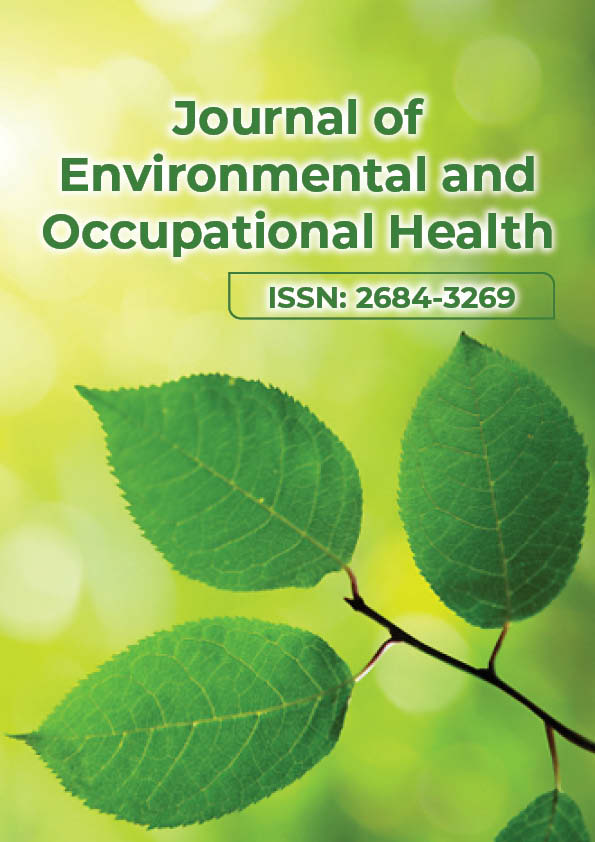Relationship between exposure to petrol products and the trace metal status, liver toxicity and hematological markers in gasoline filling workers in Sulaimani city
Abstract
Naza Mohammad Ali Mahmood
Objective: Long-term occupational exposure to gasoline fumes have been reported to have toxic effects on various organs and systems. The present study was designed to evaluate the expected toxic effects of long-term exposure to petrol products in gasoline filling workers within Sulaimani city area. Method: This study was carried out on 48 adult subjects, with age range between 27 to 65 years, who work in gasoline filling stations and exposed to different fuel derivatives for not less than 5 years. Twenty seven healthy subjects, matched with age with workers, with no access to such type of occupational exposure were included as controls. Venous blood (10 ml) was taken from each subject and immediately transferred into 2 tubes, 3 ml in a tube containing potassium EDTA anticoagulant and 7ml in a plain tube for preparing serum. The blood samples obtained were analyzed for hematologic markers, while the serum was utilized for estimation of liver enzymes (GOT, GPT), bilirubin and the levels of copper, zinc and iron. Result: The results showed that liver enzymes and serum levels of Cu, and Zn were significantly increased, while serum Fe and platelets count were significantly decreased. Conclusion: Long-term exposure to petroleum derivatives increases the risk of liver and hematopoietic toxicity.
PDF




